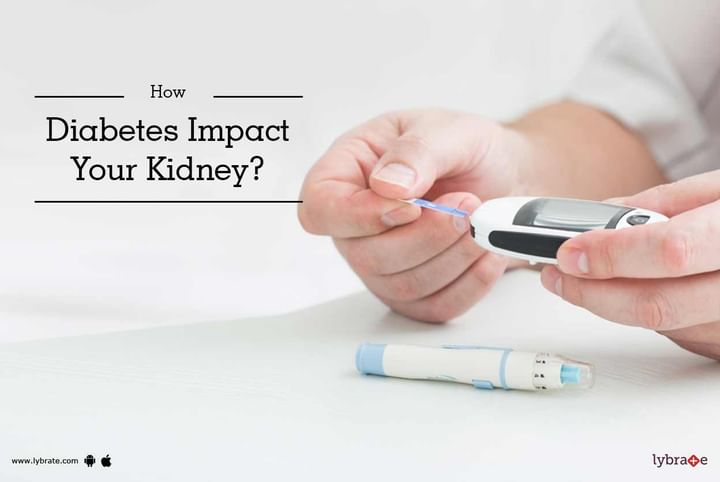How Diabetes Impact Your Kidney?
At the point when our bodies process the protein we eat, the procedure creates waste products. In the kidneys, millions of tiny blood vessels act as filters since they have even tinier holes in them. As blood flows through these vessels, little molecules such as waste items may press through the gaps. These waste items turn out to be a part of the urine. Helpful substances such as protein and red blood cells are too enormous to go through the gaps in the filter and stay in the blood.
Diabetes and kidneys: Diabetes can harm the kidneys. Abnormal amount of glucose make the kidneys filter a lot of blood. After a couple of years, they begin to spill and helpful protein is thereby lost in urine. Having low protein levels in the urine is called micro albuminuria.
Medication: When kidney disease is analyzed on time, during micro albuminuria, a few medications may keep kidney disease from getting worse. Having elevated levels of protein in the urine is called macro albuminuria. When kidney disease is looked up some other time during macro albuminuria, end-stage renal disease (ESRD) usually follows.
Causes: Strain on the organs may cause the kidneys to lose their filtering capacity. Waste items then begin to develop in the blood. Finally, the kidneys start to fail. This failure, ESRD, is intense. A patient with ESRD needs a kidney transplant or a blood filtration by a machine (dialysis).
Other complications: Individuals with diabetes will probably have other kidney-related issues such as bladder infections and nerve damages in the bladder.
Preventing complications: Not everybody with diabetes goes through a kidney disease. Elements that can impact kidney disease improvement include genetics, blood sugar control and blood pressure. The more a person keeps diabetes and blood pressure under control, the lower the chances of getting a kidney disease.
Keeping your glucose levels high can counteract diabetic kidney problems. Research has demonstrated that blood glucose control diminishes the danger of micro albuminuria by 33%. For individuals who suffer from micro albuminuria have now a reduced danger of advancing to macro albuminuria. Different studies have recommended that blood glucose control can reverse micro albuminuria.
Treatment: Essential treatments for kidney infection include control of blood glucose and blood pressure. Blood pressure dramatically affects the rate at which the condition progresses. Indeed, even a gentle increase in blood pressure can rapidly aggravate a kidney infection. Four approaches to bring down your blood pressure are:
- Shedding pounds
- Eating less salt
- Maintaining a strategic distance from liquor and tobacco
- Exercising regularly
A low-protein diet can decrease the amount of lost protein in the urine and increase the protein levels in the blood. If you wish to discuss about any specific problem, you can ask a free question.



+1.svg)
